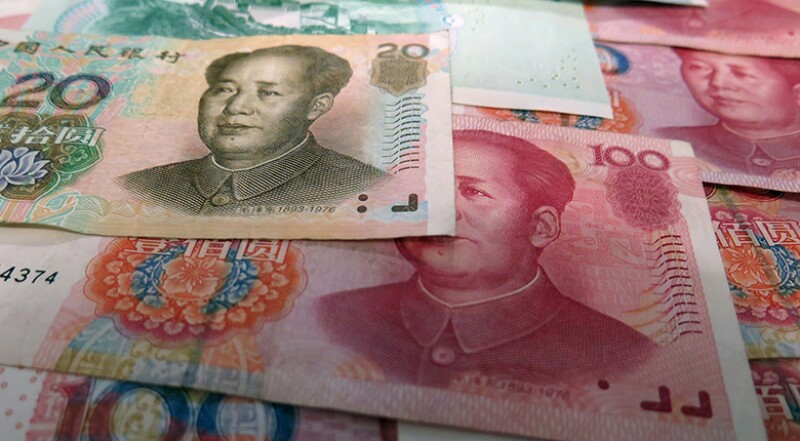
Nigeria’s signing of a new currency swap deal with China will boost financial stability and promote broader African-Chinese economic cooperation, according to analysts. Nigeria is the third African country to sign a swap deal with China, after Egypt and South Africa.
“By reducing the dollar component of trade settlements between Nigeria and China, the cost of doing business between the two countries will fall and the naira should strengthen,” says Linus Iwuajoku, head of enterprise intelligence at Diamond Bank, a Nigerian commercial bank. “Trade flows between Nigeria and China will also increase, sending a positive message to traders and investors looking to do business in Nigeria.”
Under the terms of the swap signed in May this year, the central banks will exchange N720 billion ($2 billion) and Rmb15 billion ($2.2 billion) over three years. Initial plans for a swap began in 2011 when Sanusi Lamido Sanusi was governor of the Central Bank of Nigeria. Following the drop in the crude oil price in 2014, dollars became scarce and plans for the swap were re-visited in 2016 by Sanusi’s successor, governor Godwin Emefiele.
However, there has been some scepticism about how the deal will benefit Nigeria, given the large trade imbalance between the two countries.